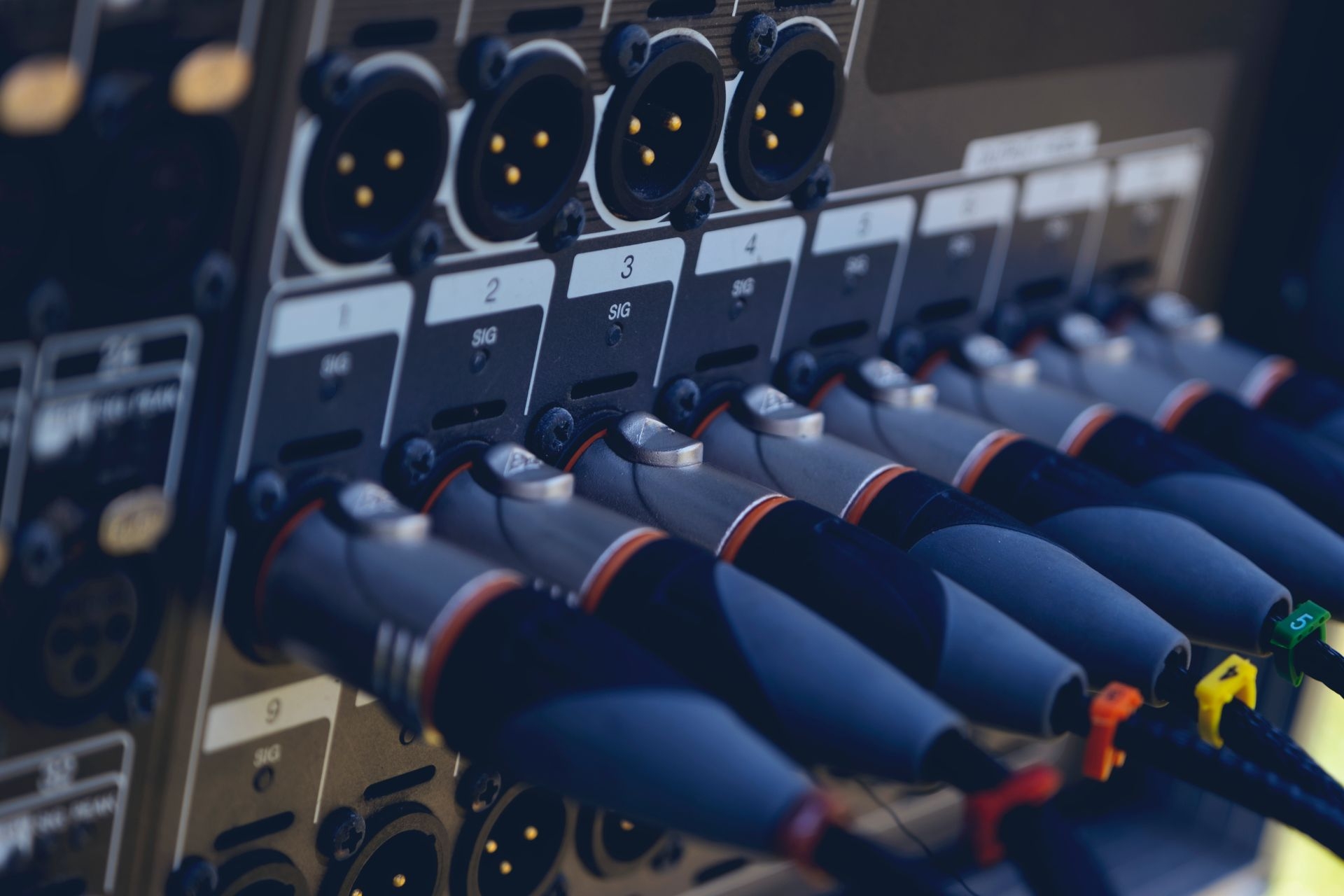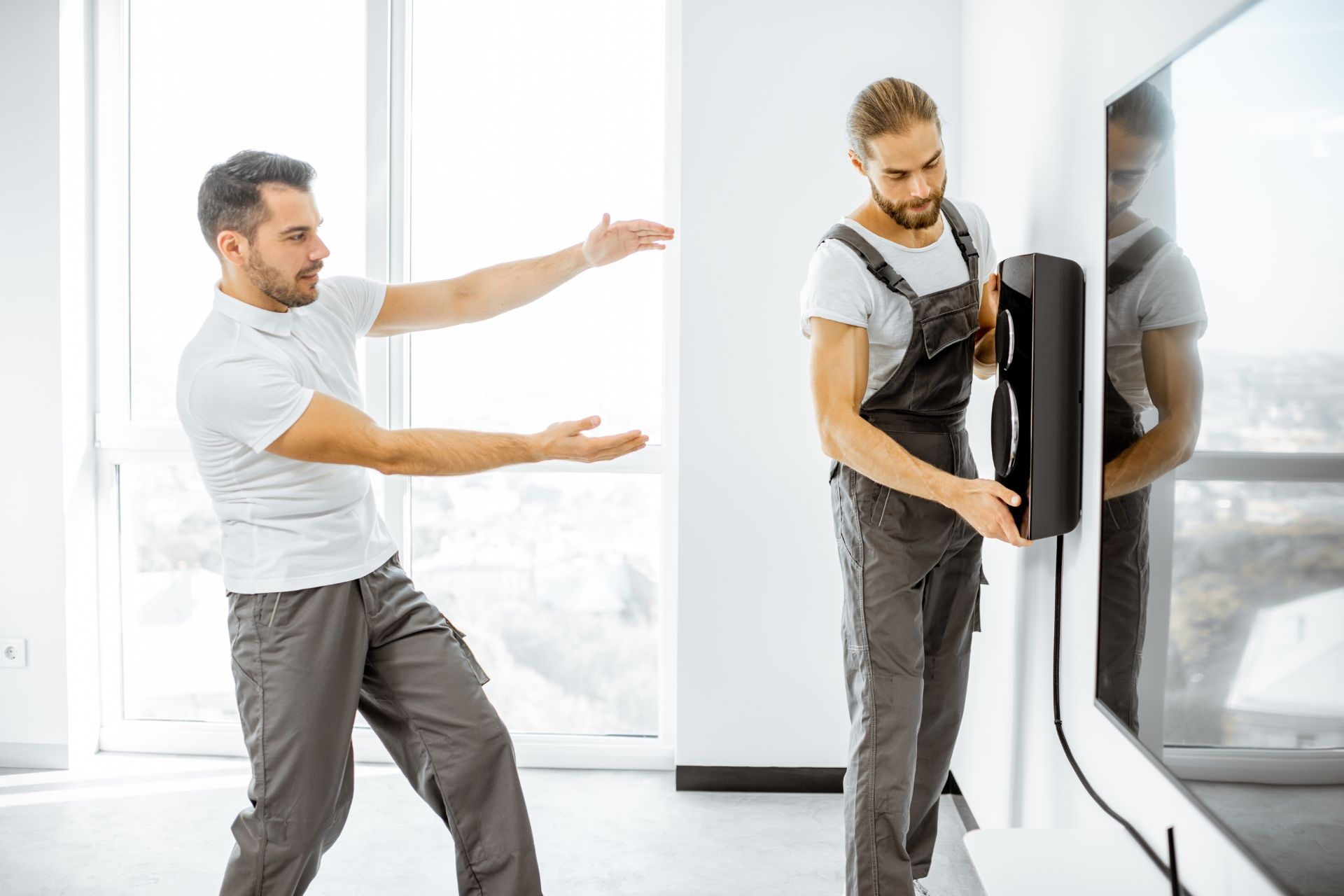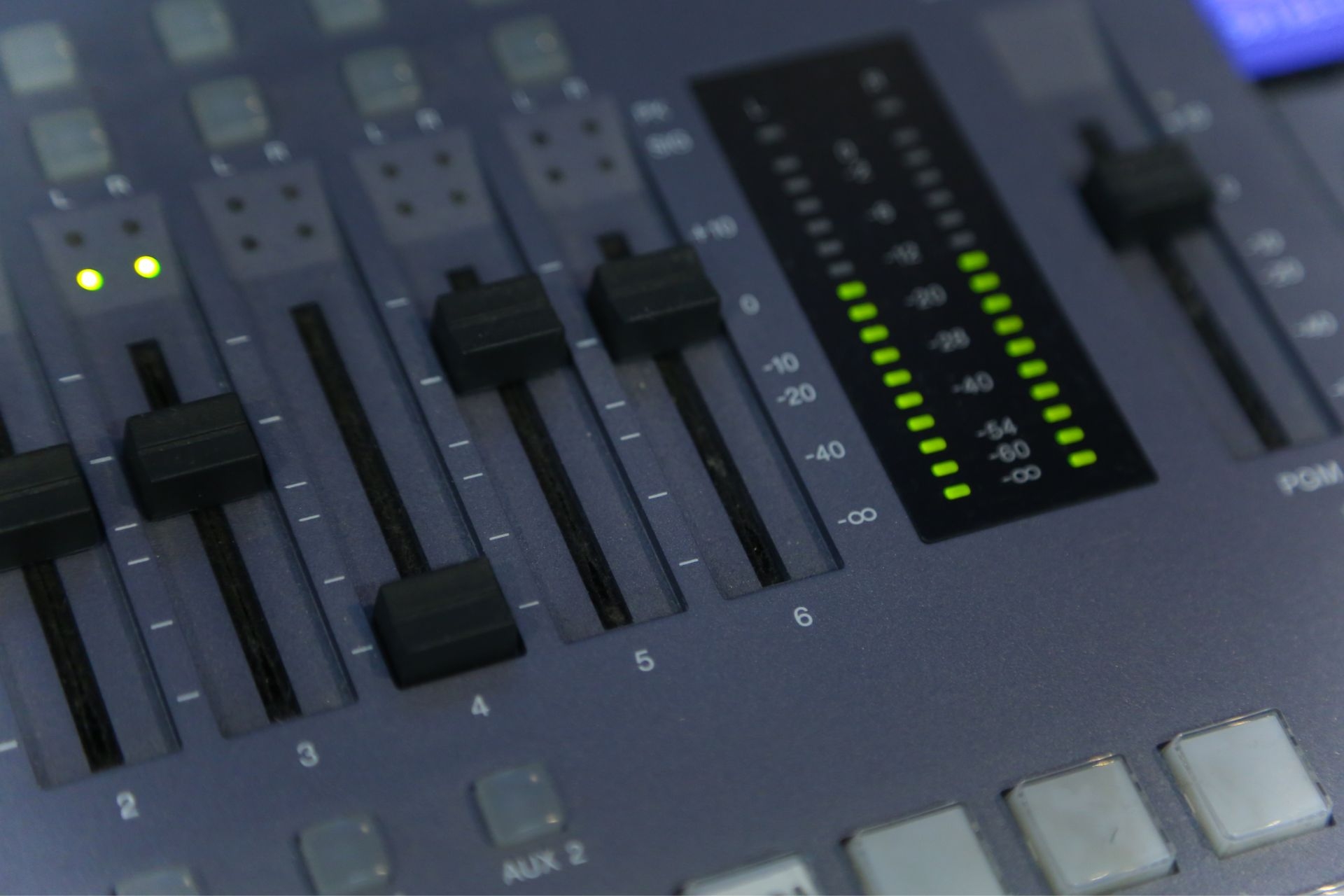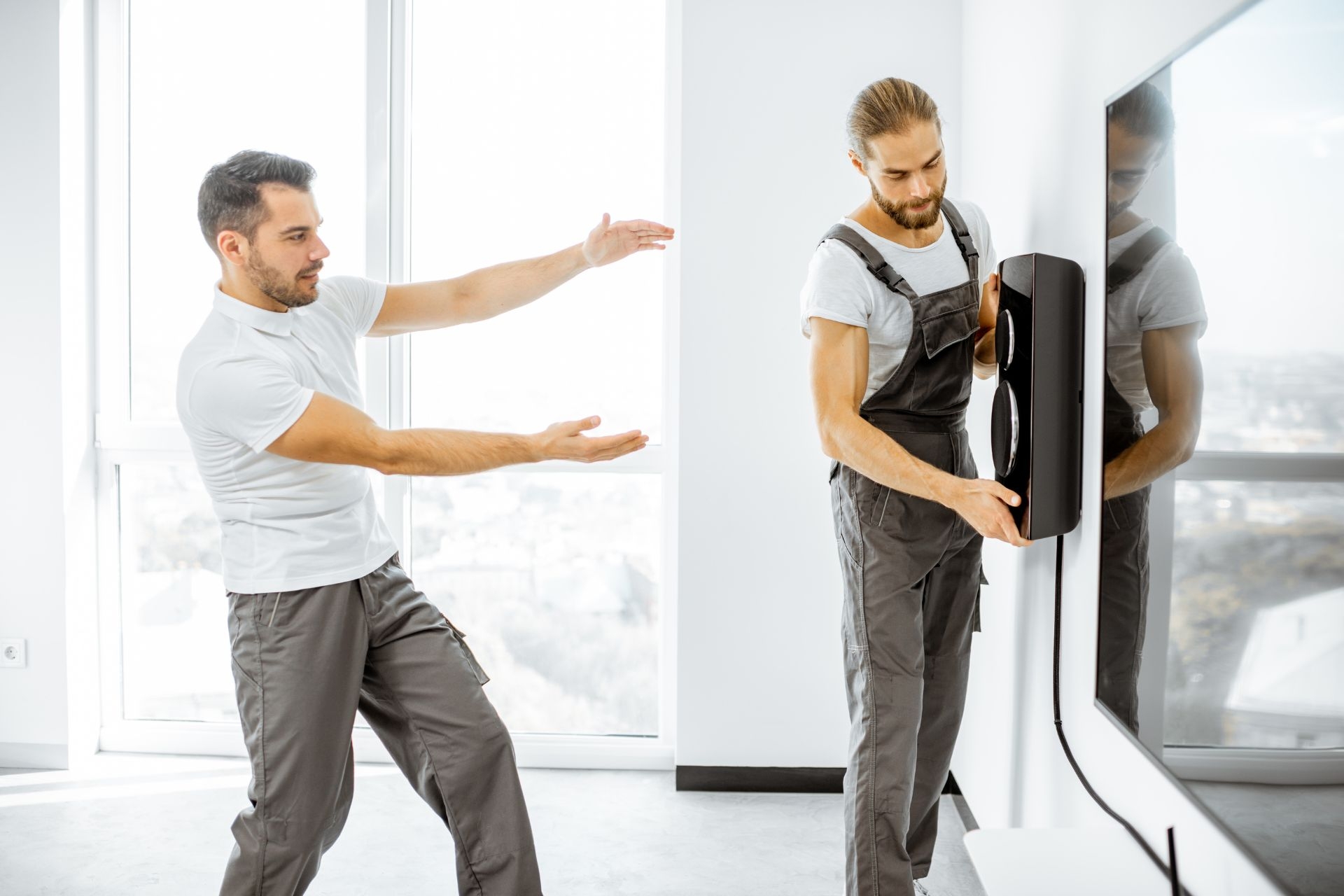Hospitality Conference Room Cameras
How can hospitality conference room cameras enhance virtual meetings and presentations?
Hospitality conference room cameras can enhance virtual meetings and presentations by providing high-quality video and audio capabilities, allowing participants to see and hear each other clearly. This can create a more engaging and interactive experience, making virtual meetings feel more like in-person interactions. Additionally, features such as pan-tilt-zoom functionality and wide-angle lenses can ensure that all participants are visible on screen, enhancing the overall communication and collaboration during virtual meetings.



